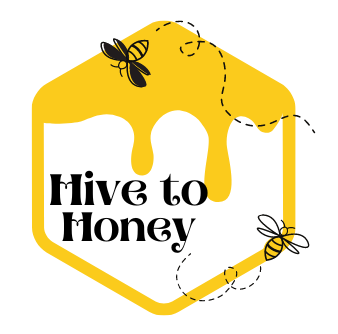Pollen and its nutritional value
Pollen: Nature's Nutritional Powerhouse and Its Abundant Benefits
Pollen, often referred to as the “life dust” of flowers, is a remarkable substance collected by honeybees as a valuable food source. While essential for the survival and growth of bee colonies, pollen also offers an array of impressive nutritional benefits for humans. In this article, we will delve into the captivating world of pollen, exploring its composition and the rich nutritional value it provides.
Pollen and its nutritional value:
Pollen is a complex mixture of plant microspores and various components contributed by bees. It contains a diverse range of nutrients, including proteins, carbohydrates, healthy fats, vitamins, minerals, enzymes, and antioxidants. The composition of pollen can vary depending on the plant species and geographic region from which it originates.
Pollen is considered one of nature’s most nutrient-dense foods. It is a complete protein source, meaning it contains all essential amino acids required by the human body. Pollen also provides an abundant supply of carbohydrates, including simple sugars and complex polysaccharides, which serve as a source of energy. Additionally, pollen contains a wide range of vitamins, including B vitamins (such as B1, B2, B3, B5, and B6), vitamin C, vitamin E, and beta-carotene (a precursor to vitamin A). It also boasts an impressive mineral profile, including calcium, potassium, magnesium, zinc, and iron.
Pollen is rich in antioxidants, such as flavonoids, phenolic compounds, and carotenoids. These antioxidants help neutralize harmful free radicals, protecting cells from oxidative damage. The unique combination of antioxidants found in pollen contributes to its potential anti-inflammatory, anti-aging, and immune-boosting effects.
Pollen contains a variety of enzymes, including amylase, protease, and lipase, which aid in the digestion and absorption of nutrients. These enzymes can support optimal digestive function and nutrient utilization, promoting overall digestive health.
- Energy and Stamina: The nutrient-rich composition of pollen makes it an excellent natural energy booster. Its carbohydrate content provides a sustained release of energy, while its protein content supports muscle repair and recovery.
- Immune Support: The presence of vitamins, minerals, antioxidants, and immune-modulating compounds in pollen may help strengthen the immune system and support its proper functioning. Regular consumption of pollen may contribute to enhanced immune defenses and a reduced risk of certain infections.
- Allergy Relief: Despite its association with allergies due to airborne pollen, some people believe that consuming locally sourced pollen may help alleviate seasonal allergies. The theory is that exposing the body to small amounts of pollen through ingestion can desensitize the immune system over time. However, individual experiences and responses may vary.
- Skin Health: Pollen’s antioxidant and anti-inflammatory properties, combined with its nutrient content, make it beneficial for skin health. It may help promote a healthy complexion, reduce inflammation, and protect against oxidative stress, contributing to a youthful and radiant appearance.
- Nutritional Supplementation: Pollen is available as a dietary supplement in various forms, including granules, capsules, and powders. It can be used to supplement nutrient intake, particularly for individuals with dietary restrictions or those seeking to optimize their nutritional profile.
It’s important to source pollen from reputable beekeepers or trusted sources to ensure its purity and avoid potential contamination. Individuals with pollen allergies or bee-related allergies should exercise caution when consuming pollen and consult with a healthcare professional if necessary.
Pollen, with its exceptional nutritional composition and potential health benefits, serves as a testament to the remarkable interconnection between bees and flowers. Its abundance of proteins, carbohydrates, vitamins, minerals, and antioxidants make it a powerhouse of nutrients. While further research is needed to fully understand its specific effects and mechanisms, pollen’s reputation as a nutrient-rich superfood continues to grow. Whether enjoyed as a dietary supplement or incorporated into various recipes, pollen offers a unique opportunity to tap into the natural goodness of the plant kingdom and support overall health and well-being.
More From The Hive:
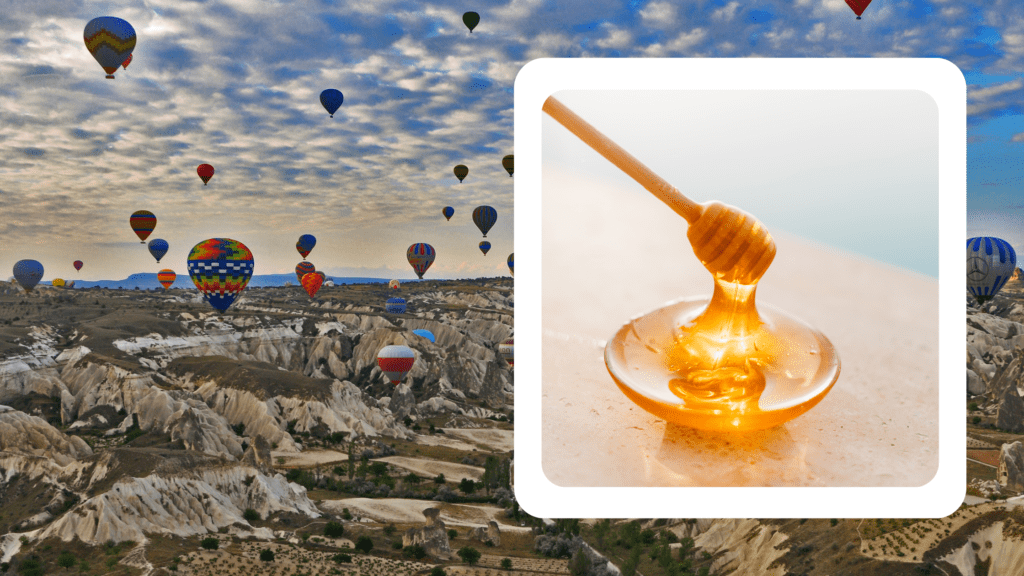
Unveiling Turkey’s Sweet Symphony: Exploring Honey Types and Varieties
Turkey, a land where ancient traditions meet breathtaking landscapes, has a rich history of honey production and a remarkable diversity of honey types. With its diverse climate zones, vast floral resources, and a strong culture of beekeeping, Turkey offers an ideal environment for bees to gather nectar and create a

Discovering Ethiopia’s Golden Treasures: A Journey Through Honey Types and Varieties
Ethiopia, a land known for its rich history, vibrant culture, and breathtaking landscapes, is also celebrated for its diverse and high-quality honey production. With its lush forests, fertile valleys, and vast floral resources, Ethiopia offers an ideal environment for bees to thrive and create a wide range of honey types.
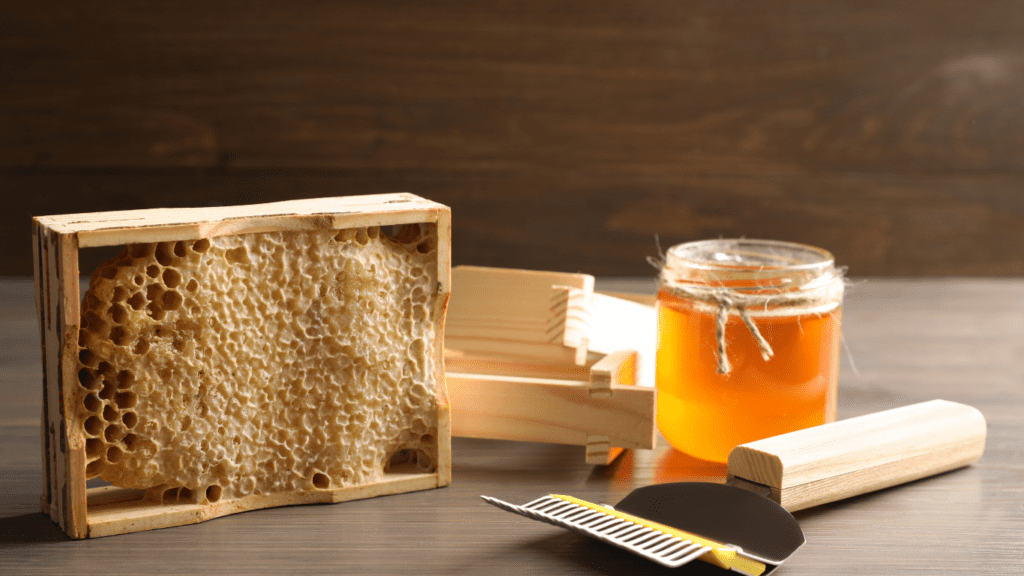
Getting Started with Beekeeping: Essential Equipment and Supplies
Starting your journey as a beekeeper is an exciting endeavor that allows you to connect with nature, support pollinators, and reap the rewards of honey production. To set yourself up for success, it’s crucial to have the right equipment and supplies. In this blog, we will guide you through the
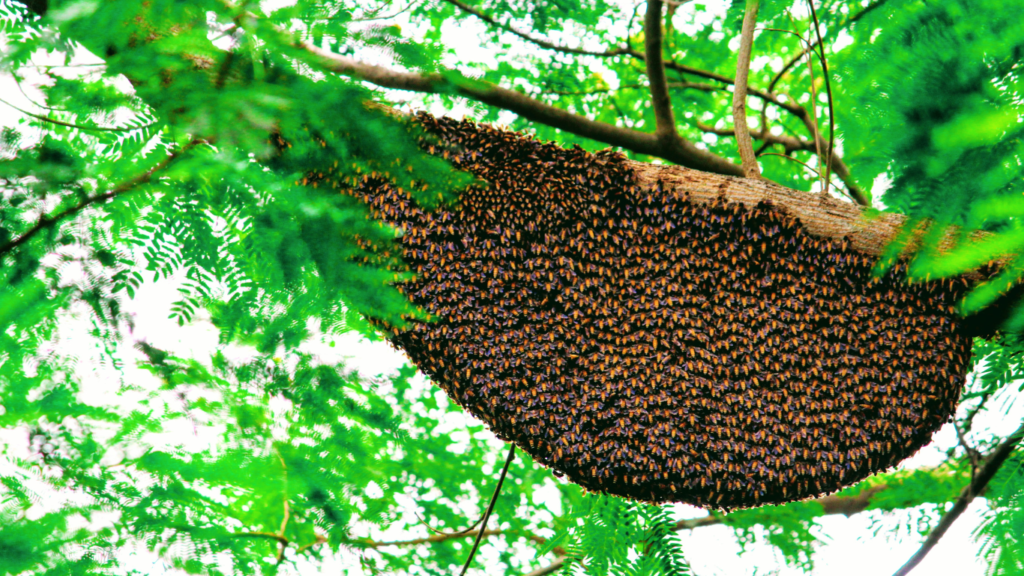
Choosing the Right Hive: Exploring Different Beehive Types
Selecting the right beehive is a crucial decision for beekeepers. The beehive serves as the home for your honeybee colony and plays a vital role in its success and productivity. With various hive types available, it’s important to understand their unique characteristics and suitability for your beekeeping goals. In this
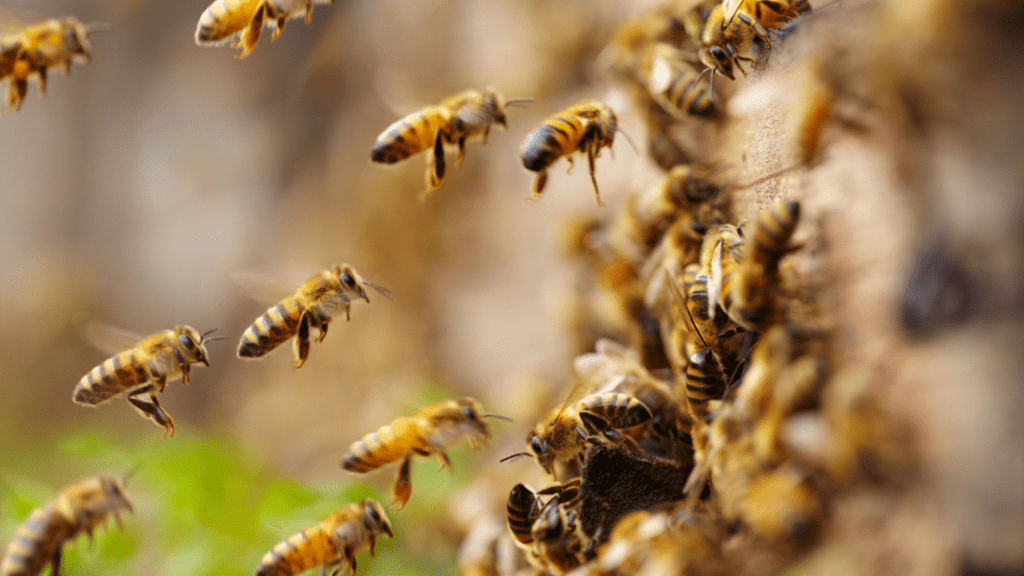
The ABCs of Bees: A Beginner’s Guide to Understanding Bee Basics
Bees are incredible creatures that have been buzzing around for millions of years, playing a vital role in our ecosystem. From pollinating flowers to producing delicious honey, bees are an integral part of our natural world. If you’re new to the world of bees and want to unravel the secrets
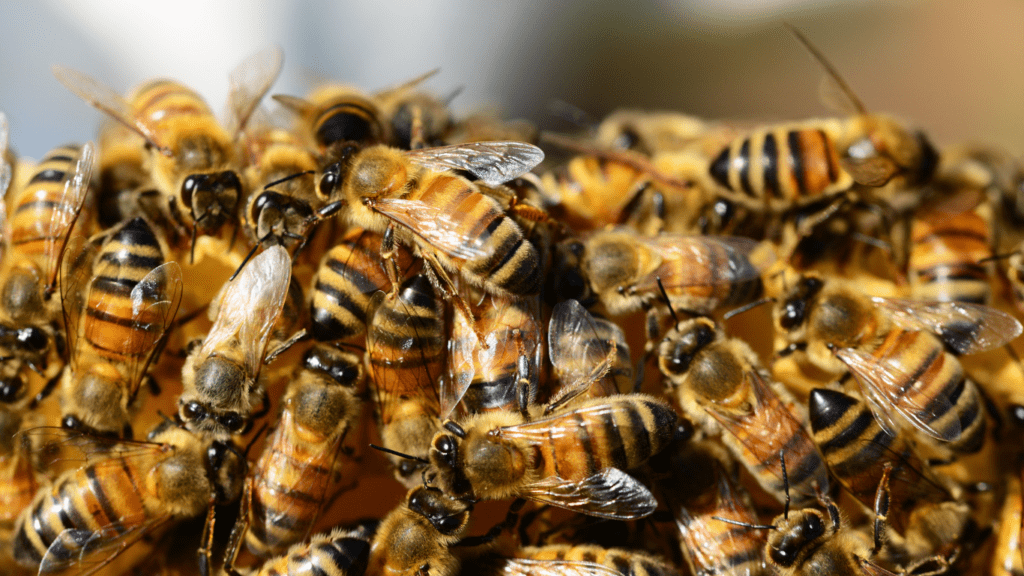
The Secret Life of Bees: Unraveling the Intricacies of Bee Behavior
Bees, with their intricate social structure and fascinating behaviors, lead a secret life that is both awe-inspiring and complex. As we delve into the hidden world of bees, we uncover a realm of communication, cooperation, and efficiency that is vital to their survival and our ecosystem. In this blog, we
